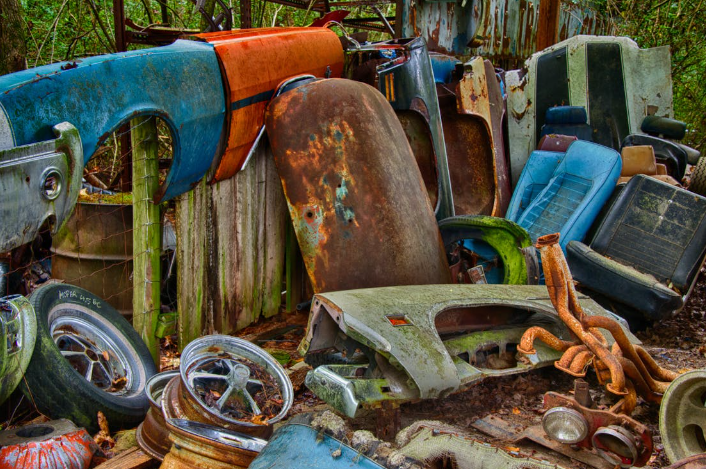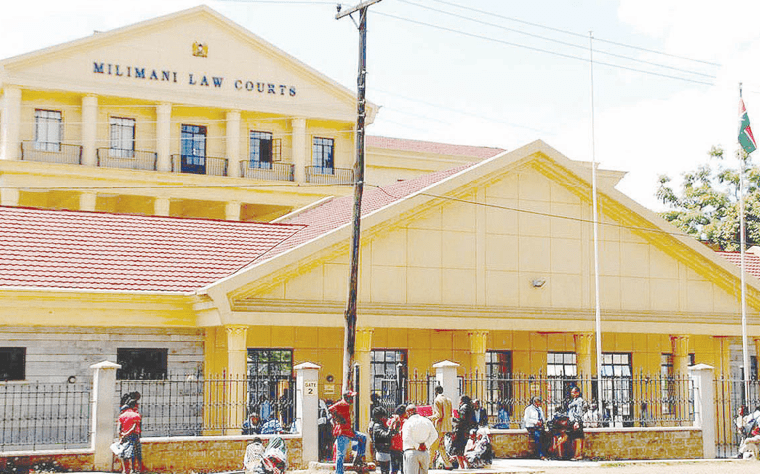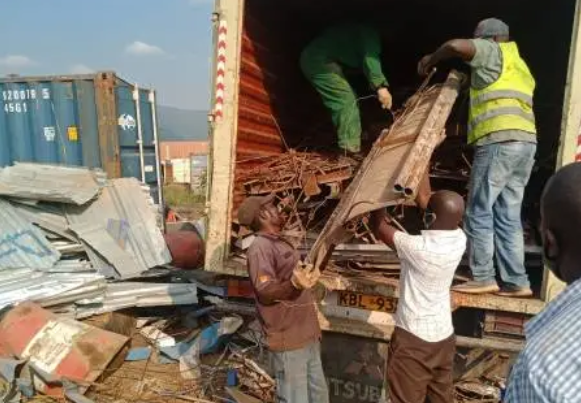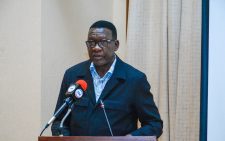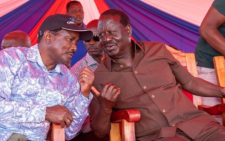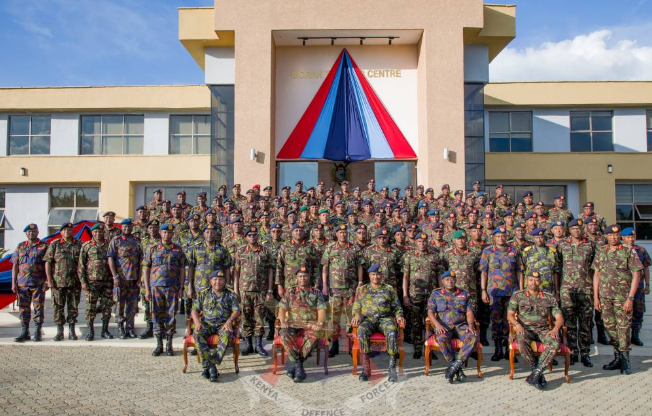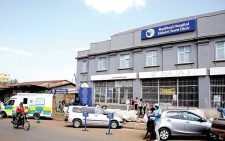Dealers urge Uhuru to lift ban on scrap metal
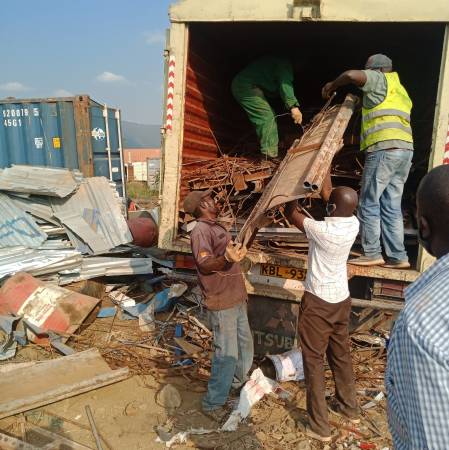
Nakuru Scrap Metals Association has appealed to President Uhuru Kenyatta to lift the ban on the trade, citing massive losses and layoffs.
President Kenyatta had last month stopped exports and dealings in scrap metal, saying unscrupulous dealers were targeting public infrastructure for metal.
This comes even as guardrails and road barriers at the recently constructed Njoro interchange in Nakuru were vandalised at the weekend.
Led by Chairman Joseph Wandaka, the association has vowed to work with security agencies to ensure members conduct clean business.
Wandaka said the ban has affected their operations and livelihoods abruptly cut despite conducting a clean business for more than 10 years. He termed the ban as unfortunate, saying no scrap metal dealer in the country had been arrested or found in possession of vandalised infrastructure as averred by the State.
“When there was vandalism of critical power installations in Nairobi and Naivasha, the yards raided belonged to some rogue Kenya Power staff and none of us were indicted,” said Wandaka.
With this, he said they are ready and willing to work with the government to expose vandals, urging the government to lift the ban and allow them to go back to business.
“We have already formed a disciplinary committee that will be monitoring the whole value chain in the sector and ensure anyone involved in shady deals is weeded out,” he added
Wandaka spoke even as a leading battery manufacturer is on the verge of closure due to shortage of scrap metal following the ban.
Associated Battery Manufacturers (ABM), according to its management, is in the process of shutting its multi-million recycling plant in Athi River, since it was not receiving supplies from scrap metal dealers. Firm is the sole manufacturer of automobile batteries in East and Central Africa and employs thousands of workers.
The plant recycles old batteries into pure lead and reusable plastic, which is used to manufacture automobile batteries.
Presidential directive
ABM chief executive Guy Jack has blamed the impending shortage on incorrect interpretation by enforcement agencies of the presidential directive banning export of scrap metals.
“ABM, with a direct and indirect employee base of several thousand people, looks set to close shortly, due to lack of raw material if the President’s directive banning the export of scrap metal is not clarified to local authorities,” Jack said in a statement.
“What has happened is that local authorities, city council and police have incorrectly interpreted the export ban, and assume it applies to local movement, which it does not,” Jack lamented.
He said the Athi River-based recycling plant often receive 2,000 tons per month of lead, sourced from used car and solar batteries, which are collected and recycled back into pure lead.
“Sadly the plant has received next to nothing since the presidential directive was issued. ABM has invested well over Sh1 billion in the last three years, all riding on the back of secure raw material availability,” Jack added.
He held that ABM’s key raw material is scrap batteries sourced from all over the country and delivered to the plant for recycling.
In Nakuru, Wandaka said being a multi-billion-shilling industry, the closure of business had plugged them into huge losses in the days they have been out of business.
“We are losing Sh100 million daily. We are appealing to the President to reconsider the ban to enable us get back to business. We are fully dependent on this work,” he said.
